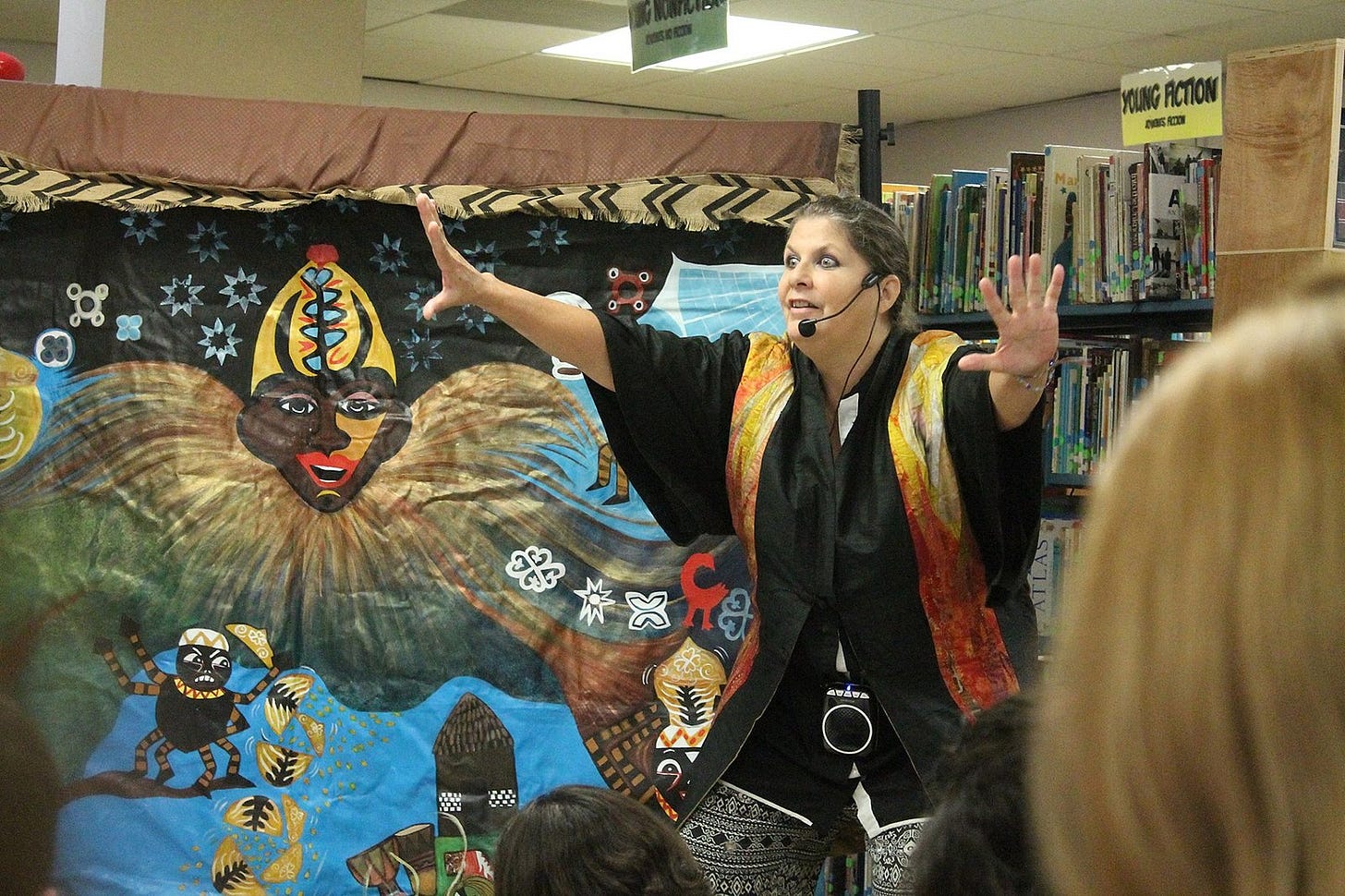The Green Light
Don't lose sight of it, despite the people who tell you to go to law school
Biblioteca Juvenil Mayaguez
I love the Substack prompt. Start writing … it says on the blank template when you first open it up, to show you where the text goes. That’s it, all you need.
Start writing. Just do it.
When people find out I write fiction, I often get some variation on the following idea: “but how do you know where to start? There’s so much to…
Keep reading with a 7-day free trial
Subscribe to The Truth Now to keep reading this post and get 7 days of free access to the full post archives.

